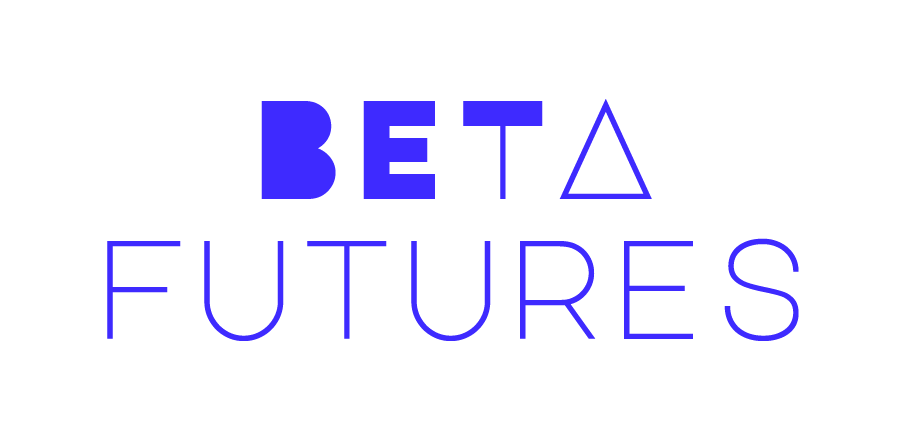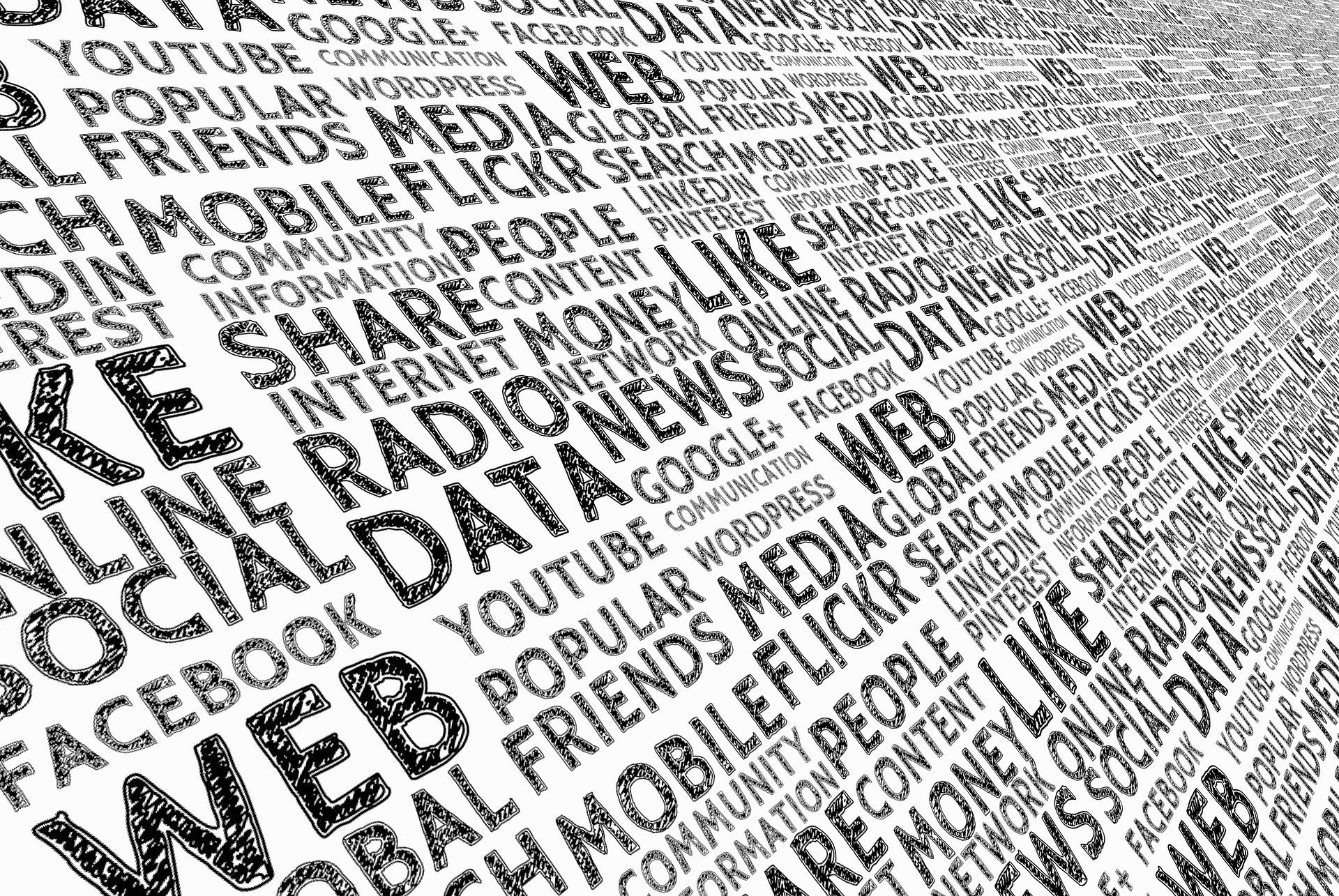The time has come for us to wrap up our ‘BetaFutures’ blog. Over the last six weeks, we have shared a wide range of blog posts on topics from digital campaigning and online ‘slacktivism’ to the promises and peril of social media proliferation at a global level. We have focussed our content on contemporary issues such as open and big data ethics, AI and its effects in the Global South, Internet restrictions, the power and biases of algorithms, the use of technology for misinformation, anger, or fear.
The experience has allowed us to learn about both global and local trending topics and to get closer to the opportunities and challenges given by the technological side of the humanitarian field. Definitely, a ‘learning by doing’ journey that has approached ourselves to a very different reality.
This farewell article aims to be a subjective portrait of the technological side of ComDev. Which surprises have we found after setting this blog in motion? There we go:
- The virtual sphere is not always understood as a terrain where we can fight against climate change.
- Technology is repeating in some way the same mistakes from past times: environmental damage, social inequalities, colonialism…
- The importance of adapting general recommendations to local realities will be essential.
- In terms of digital development, Africa (especially countries such as Egypt, Kenya, Morocco, Nigeria, and South Africa) and South America are growing faster than Western societies.
- Social media has played a role in the spread of ‘fake news’, the decay of democracy, and has fueled conflict in many countries around the world, such as Myanmar and Sri Lanka for example.
- Slacktivism is often seen from an Eurocentric light, and there’s a fine line between genuine engagement and mandatory public caring on social media today
- Without sufficient regional regulations, social media will continue to spiral into lawlessness and requires a form of digital ‘rule of law’ in order for the digital environment to contribute positively to democracy and society at large.
- International technology companies stand to benefit most from technological advancements in the Global South.
- It would be positive to see development projects in the Global South support the development of indigenous digital economies.
- AI and algorithms can be both good and bad – while they can predict what a social media user, for example, might be interested in, they also guide our information searching processes.
- The unequal access to ICT does not only look at a person’s socio-economic status. In fact, such factors as gender can also affect the likelihood of a person having access to the internet and mobile phones, for instance.
The world is (and constantly will be) under construction. To rethink the present and future of the different regions becomes mandatory because what works today in terms of development may not be a definitive or a long-term solution for upcoming or unknown challenges. The clearest conclusion is that technology is the most changing asset we can take into consideration, both in the global North and South.
The next chapter of ComDev is yet to come… What have you learnt after exploring digitalization?
***
Maxime
I initiated the blog posts by discussing an Eurocentric view of Slacktivism where, fueled by the Covid pandemic, there’s a fine line between genuine engagement and mandatory public caring on social media today. And I deliberate on the platforms’ ’flattening effect’: where the audience is easily targeted, but the structure is paradoxical to that of activist organizing.
For the interactive post, I discussed the role of players like Facebook doing deliberate business that favors the spread of disinformation, particularly affecting diaspora communities and the ‘new markets’ in the Global South.
To wrap things up more academically, I analyzed how Facebook – as a gateway for the spread of disinformation – incites violence and political divide, particularly within the context of recent events in Myanmar. There are many explanations as to why humans rely on disinformation. For one, our psyche is often drawn towards simple answers: we rely on our “gut feeling,” repetitive information and things that circulate in our immediate sphere. And we value information that enforces our current beliefs to avoid doubt – a form of confirmation bias. Communication platforms are not neutral technologies: they bring norms and values with them. This potential narrowcasting is challenging globally; although incendiary information targeting a particular group in a country rife with ethnic conflict and lacking in democratic traditions certainly lower the odds of offline violence.
Annmarie
The predominant theme running through my blog posts was the effect of social media, and indeed wider technological advancements, on society, with particular emphasis on the Global South. I began by highlighting that, while the web has made societies increasingly open and connected, it has also significantly intensified instability and fuelled tensions along social, political, and ethnic divides.
The first post in the series, The Promise and Peril of Social Media Regulation at a Global Level, outlined that social media platforms such as Facebook, Twitter and YouTube, once hailed as beacons of democracy, now find themselves accused of proliferating democratic decay. The post concludes that we need to take decisive action to improve the regulation of social media without compromising free speech and political freedoms at a global level.
From this vantage point, I made a timely segway into analyzing the Senate committee testimony delivered by Facebook whistle-blower, Frances Haugen, in the post Is Facebook Prioritising Profit over Peace?. Her testimony highlighted that performance metrics encouraged political divisions, violence, and in some cases civil unrest.
To draw the series to a close, I analysed Technological advancements in the Global South and the rise of ‘Digital Colonialism’. The post outlines that it is clear that access to technology on one hand brings tremendous benefits to the Global South in terms of education, health, access to information, and economic growth. However, on the other hand, it must be addressed that under the guise of altruism, large-scale technology companies are using their oligopoly to gain access to untapped data with the potential to exploit such a resource for myriad reasons.
Alizia
It can be said that I’ve developed the different articles from a techno-optimistic point of view. The research carried out before writing every post has allowed me to deep dive in facts, and not only in personal impressions — the result has always been a balanced summary of the greatest and the darkest faces of technology.
The constant search for improvement, together with a writing style that could seem interesting to publics from outside the academic field, have turned out into comprehensible recommendations that may help to fight against the climate emergency, as well as against digital inequalities. These two topics have marked the list of ‘best practices’ I’ve included as conclusions of my interactive posts. They’ve been based on recent reports published by both private and public renown institutions and specialized magazines.
The result of my academic article will be a consequence of the second post: I did realize that my recommendations for achieving digital equity were totally based on a Northern perspective, without taking into consideration the specific needs of the margins. For this reason, the third post will explore the latest initiatives and innovations digitally developed by African, South American, Asian countries, as well as by female groups or socially disadvantaged communities.
Paul
I chose to focus on the impacts of algorithms and the ways in which they predetermine much of what we have been observing all around us. This has been of concern to me for some time now. The common thread that links everything together is nonetheless human. As the technology continues to evolve, change and make some astounding functional gains, the imperfections of the analog world have continued to be present and in some ways have actually gotten deeper. Research into this topic needs to continue as there are still many unknowns: we haven’t had any oversight or ability to inspect the algorithms that have begun to run various aspects of our lives. This means there is a lack of transparency and no accountability. We are ceding control over our information, lives and choices to entities that are primarily concerned with profits. The payoffs and motivations will therefore typically result in questionable activities. Considering how powerful big tech has become in the developed world, the power disparity and lack of control is even greater in the developing world.
Kaisa
While writing my first blog post for Beta Futures blog, I started to uncover the various inequalities that information and communications technologies (ICT) and social media entail in terms of development. In fact, the overarching theme that was somehow discussed in all of my blog posts was inequality. Moreover, I wanted my blog posts to make our blog readers question how they use ICT and different social media platforms. The aim of my blog posts was to arouse new ideas in our blog’s readers by discussing elements that most of our readers could relate with.
My first blog post was built around globalization and ICT and their unequal accessibility. After introducing the revolutionary effects that globalization and ICT enabled in terms of the travelling of cultures, customs and ideas, I analyzed the problematic effects that have emerged as a result of globalization and ICT. The blog post also questioned the rather generally held belief that the users of ICT have access to any information available around the clock. The blog post also covered the theme of representation of individuals in terms of data justice.
Just as my first blog post, also the one called Learning New or Strengthening the Old? The Role of AI and Learning Algorithms in Formulation of Stereotypes Through Social Media reflected upon how AI and algorithms may influence social media users without them being aware of it. While learning algorithms aim to make predictions of what kind of content the user might be interested in, they leave out a lot of content and information that could potentially interest the user. As a result, social media users receive suggestions to consume the kind of content that is “in line” with the kind of content that they usually consume. As one can imagine, there are plenty of problematic aspects to consuming content that share a lot of similar features, for instance in terms of values and beliefs. Ultimately, not having the access to alternative information can result in narrow-minded thinking and ideology, which is one of the first stepping stones for othering.
My last blog post took a more practical approach to inequality by looking into web accessibility. Based on the European accessibility act, web accessibility refers to building web sites and content that is equally consumable to all people. As the theme might be new to those who are not bound to it by law, I wanted to provide a short introduction to what accessibility is and how all of us can contribute to creating accessible content.

